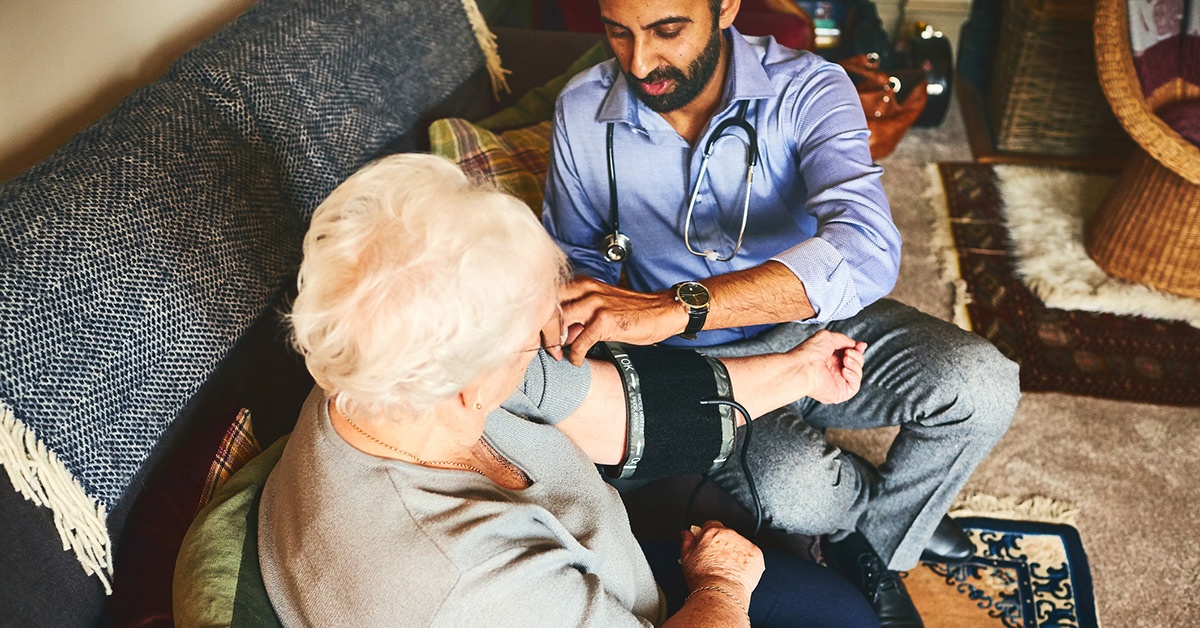The population of people age 65 and older in the United States is quickly growing with increasing numbers of them needing long-term services and supports (LTSS). LTSS involve a variety of services designed to meet a person’s health or personal care needs to help them live as independently and safely as possible when they can no longer perform everyday activities on their own. Most older adults who need LTSS prefer to remain at home rather than receive care in nursing homes. Those living at home can use a number of LTSS services, including home health care, hospice services, meal delivery, housekeeping and other assistance, known as home and community-based services (HCBS). The University of Minnesota School of Public Health (SPH) is launching a new project to understand the scope of HCBS services used and desired across the United States. The project will also determine client and state-level factors that influence satisfaction with HCBS care and how it varies for people with diagnosed with dementia.

Associate Professor Tetyana Shippee is the principal investigator of the study and has teamed up with Assistant Professor Eric Jutkowitz (PhD ‘17) from Brown University as a co-principal investigator. Shippee is a national expert on promoting quality of life for older adults and leads numerous studies on measuring and improving quality of life and well-being among older adults receiving LTSS.
The study is funded by a four-year grant from the National Institute on Aging providing more than $2 million.
Data for the study is being supplied through a first-of-its-kind partnership with ADvancing States and Health Services Research Institute. ADvancing states (formerly NASUAD) is a national association that represents the nation’s 56 state and territorial agencies on aging and disabilities and long-term services and supports directors. As part of its mission, ADvancing States gathers HCBS information from state administrative records and surveys of customers to facilitate the exchange of information among states on innovative policy options. The Minnesota Department of Human Services is also a key partner in this work as one of the first states to start collecting data on satisfaction with services among HCBS users in partnership with ADvancing States. Additionally, the Human Services Research Institute is providing expertise on the assessment, comparison, and analysis of data on the long-term services and supports to older adults and people with physical disabilities.
“No one has ever pooled these data together to get a comprehensive picture of what quality care looks like for people who use home and community-based services,” says Shippee.“The need for this information will only grow as more and more people age and rely on those services rather than receive care in a nursing home.”
The study has three aims:
- Document trends in the services used and/or desired by Medicaid clients with and without dementia.
- Determine the factors that affect or are related to the satisfaction people have with HCBS providers and understand how those statistics vary by state.
- Link HCBS quality data with Medicaid claims data in Minnesota to see how user satisfaction is related to nursing home stays and hospitalizations.
“I’m excited about this research because it allows us to understand the experience of using Medicaid HCBS services for people with dementia and their caregivers — a group that has received very little attention — and to determine if their needs are being met,” says Shippee.
Shippee will share results of the research through publications, conference presentations, and other outreach activities. ADvancing States plans to provide feedback on the findings and disseminate the results to state and policy stakeholders.

